SARAH VAUGHN
-
MARCH 27
1924—The sensational Jazz singer Sarah Vaughn was born on this day in Newark, N.J. She went on to become what many considered “the world’s greatest singing talent.” She was known as the “incomparable Sarah Vaughn.”

1970—Mariah Carey was born on this day in Long Island, N.Y. Her parents are of Irish/African-American/ Venezuelan background. Carey came to prominence after releasing her self-titled debut studio album “Mariah Carey” in 1990; it went multiplatinum and spawned four consecutive number one singles on the U.S. Billboard Hot 100 chart. Under the guidance of Columbia Records executive and later husband Tommy Mottola, she continued booking success with followup albums “Emotions” (1991), “Music Box” (1993), and “Merry Christmas” (1994), Carey was established as Columbia’s highest-selling act. In 1998, she was honored as the world’s best-selling recording artist of the 1990s at the World Music Awards. She married actor/comedian Nick Cannon in 2008. She lists Aretha Franklin and Stevie Wonder as her favorite singers.
-
MARCH 28
1900—The British demand the Ashanti Golden Stool. Ironically, the Ashanti had been one of the tribes which had actually benefited from slavery by capturing and selling their fellow Africans. But when the slave trade ended, the British turned on the Ashanti in a bid to colonize the Gold Coast (now Ghana). In an apparent attempt to demoralize and humiliate the Ashanti, the British demanded that they turnover one of their greatest symbols—the Golden Stool. The demand led to war. The Ashanti were led by Queen Yaa Asantewa. Her fighters kept the British at bay for several months. But with superior fire power, the British eventually prevailed.
1972—The two surviving Soledad Brothers are found not guilty by an all White jury in the alleged killing of a White guard at the California prison. The other Soledad Brother, revolutionary writer George Jackson, had been killed during an August 1971 Marin County Courthouse escape attempt, which also led to charges against college professor and communist Angela Davis. Davis was also eventually acquitted.
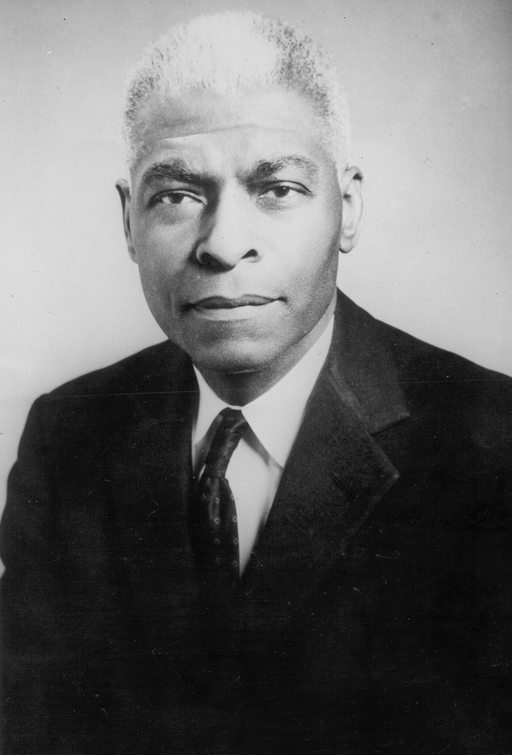
1984—Dr. Benjamin Mays dies. The president of Atlanta’s Morehouse College had been one of the leading Black educational figures in America during the 20th century.
-
MARCH 29
1981—Dr. Eric Williams, prime minister of Trinidad and Tobago, dies in Port of Spain at the age of 79. Williams was a historian and his classic work was “Capitalism and Slavery.”
-
MARCH 30
1870—The 15th Amendment to the U.S. Constitution is ratified giving Blacks the right to vote. Actually, it gave Black males the right to vote. It would take the Suffrage Movement and another 50 years before women (Black and White) had full voting rights. But even in the case of Black males, the “right” to vote only lasted briefly. With the end of Reconstruction, “Jim Crow” laws were passed throughout the South, which in effect took away the right of Blacks to vote despite the Constitutional guarantee. African Americans did not achieve full voting rights in this country until the mid-1960s.
-
MARCH 31
1741—Black rebellion hysteria grips New York. A series of mysterious fires and reports of slaves plotting rebellion sweep New York. The hysteria lasts through April. Thirty-one alleged slave plotters and five White sympathizers were hanged.
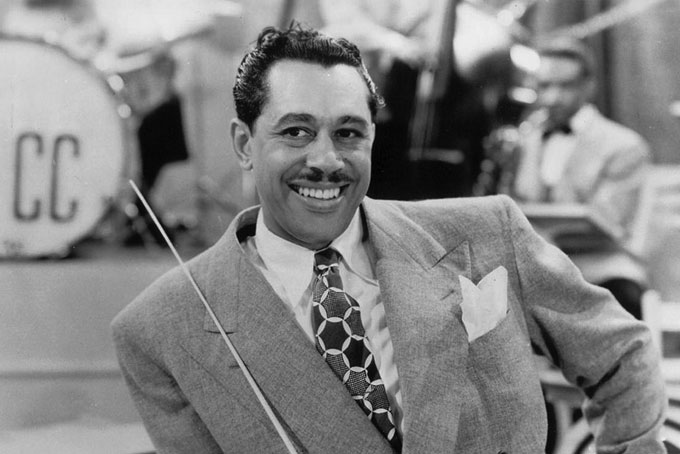
1931—Cab Calloway recorded “Minnie the Moocher”—the first jazz album to sell more than one million copies.
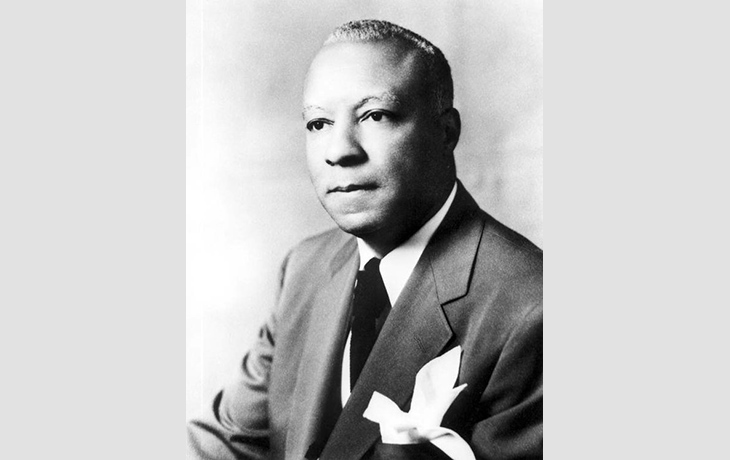
1948—Labor leader A. Phillip Randolph issues a threat before the Senate Armed Services Committee. He declares that unless more is done to end segregation and discrimination in the military, he would launch a campaign encouraging Black youth to employ civil disobedience to resist the draft. His threat helps to bring an end to a host of discriminatory practices in the U.S. armed forces.
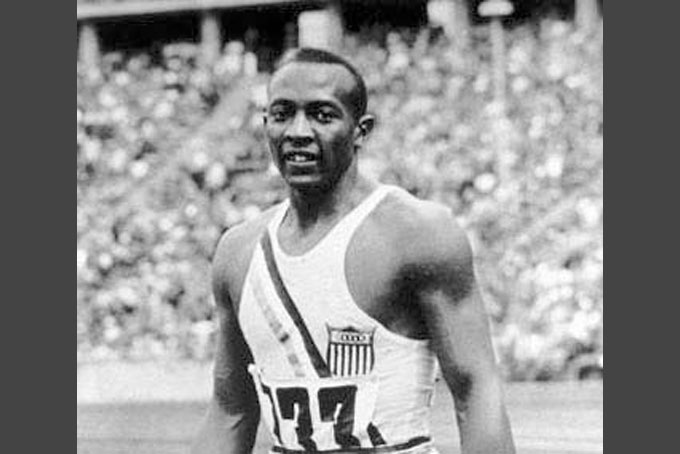
1980—Olympic legend Jesse Owens dies at 66 in Tucson, Ariz. Owens won four track and field gold medals at the 1936 Olympics in Berlin, Germany, embarrassing German leader Adolph Hitler and undermining his ideology of White Aryan superiority.
-
APRIL 1
1868—Hampton University is founded during Reconstruction in Hampton, Va. The school is now one of the leading Black educational institutions in America.
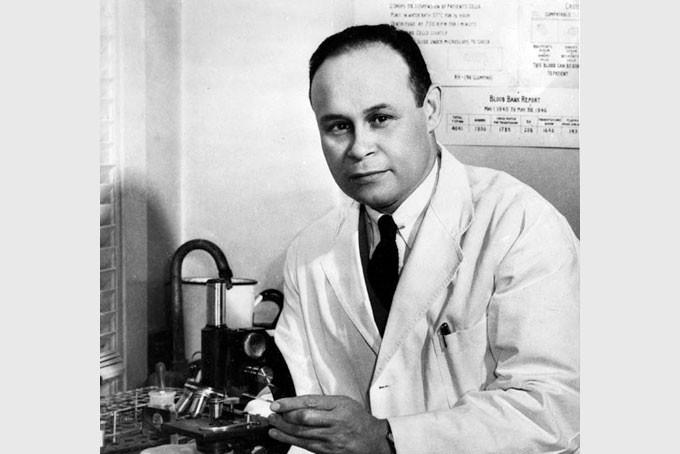
1950—Surgeon Charles Drew dies at 45 in an automobile accident near Burlington, N.C. Drew developed the concept of a blood bank for storing large amounts of plasma. Anyone who has ever received a blood transfusion is indebted to Dr. Drew. He had dedicated his life to insuring that increased scientific knowledge actually led to the betterment of human life. One of his most frequently repeated quotes: “There must always be the continuing struggle to make the increasing knowledge of the world bear fruit in [the form of] increased understanding and the production of human happiness.”
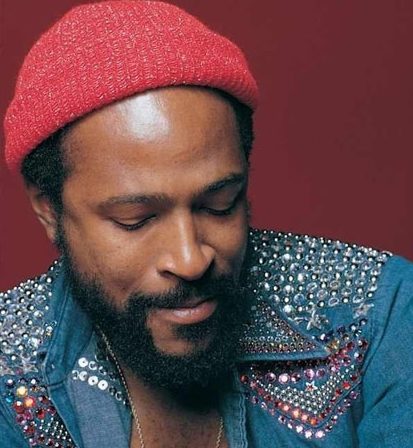
1984—Sensational, Washington, D.C., born R&B singer Marvin Gaye is shot and killed by his father during an argument. Gaye was 38— just one day short of his 39th birthday. The senior Gaye later died of pneumonia. Gaye helped to shape the sound of Motown Records in the 1960s with a string of hits, including “How Sweet It Is (To Be Loved By You)” and “I Heard It Through the Grapevine”, and duet recordings with Mary Wells and Tammi Terrell, later earning the titles “Prince of Motown” and “Prince of Soul.”
-
APRIL 2
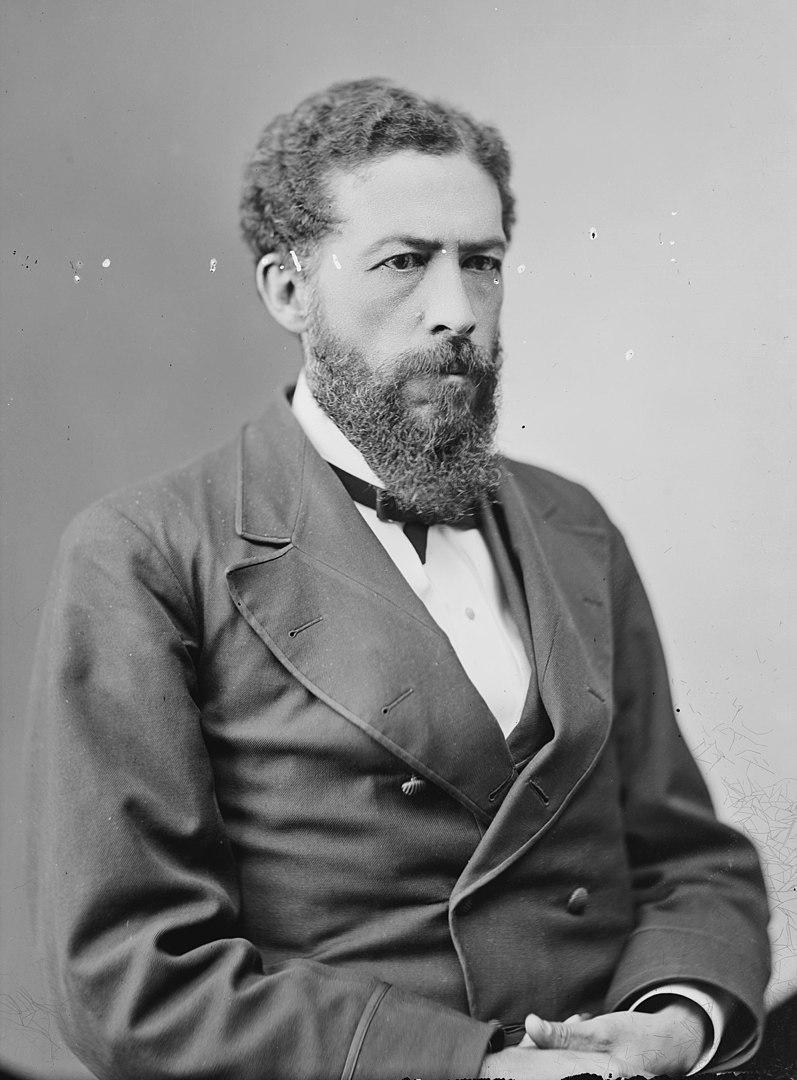
1855—John Mercer Langston becomes the first African-American elected to public office when he wins the position of clerk of Brownhelm Township, in Ohio. Though not well known today, Langston was one of the foremost Black leaders of the 1800s. With the aid of his two brothers, he organized anti-slavery societies throughout Ohio. The Oberlin College graduate also became a lawyer and statesman for Black rights. After the Civil War, he organized the law department at Howard University in Washington, D.C. The town of Langston, Okla., is named in his honor. He died in 1897.

1932—World famous Black cowboy William “Bill” Picket dies on this day in Ponca, Okla., after being kicked in the head by a horse. He was 70. But during his heyday Picket was perhaps the best known and most celebrated cowboy in the world traveling with various “wild west” shows including the Millers Brothers’ Fabulous 101 Ranch. He invented the rodeo sport of bulldogging. Picket was of Black and Indian descent.
1939—Marvin Gaye is born on this day in Washington, D.C. He signs with Detroit’s Motown Records in 1962 and goes on to become one of the leading R&B male vocalists of the 1960s, 1970s and early 1980s, with hits ranging from the socially conscious “What’s Going On” to the sexy “Let’s Get It On.” Gaye was shot to death by his father during an argument in 1984.